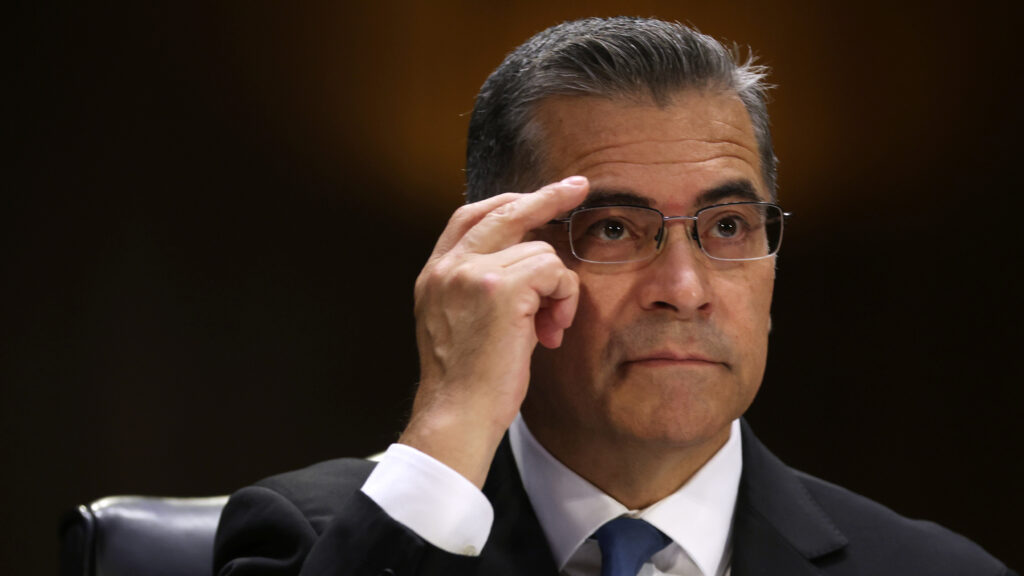WASHINGTON — Biden officials are still pressing to shore up abortion protections amid an onslaught of legal challenges, one of which is slated for Supreme Court arguments this week.
The Department of Health and Human Services on Monday released a final rule that would put abortion services under the same federal privacy protections as other health care data covered by the Health Insurance Portability and Accountability Act, or HIPAA. The rule effectively allows providers to deny access to health care data that could be used to prosecute people in abortion-restrictive states.
advertisement
The regulation is designed to help patients and doctors in abortion-restrictive states protect information, specifically about out-of-state travel to receive care. More than 90,000 people traveled across state lines for abortion care in the first half of 2023, according to the Guttmacher Institute. Financial aid for travel also helped grassroots organizations’ spending triple during that time.
Since the Supreme Court overturned federal abortion protections with the Dobbs ruling in June 2022, 14 states have enacted near-total bans and at least 10 more are battling over trigger laws and referendums.
“We have no illusion that everything that the president has urged us to do with our authorities is going to undo Dobbs,” HHS Secretary Xavier Becerra told reporters. “Dobbs took away rights. Until we have a national law that reinstitutes Roe v. Wade, we’re going to have issues.”
advertisement
Biden administration lawyers will be at the Supreme Court Wednesday to defend another HHS attempt to bolster reproductive rights by protecting emergency services. HHS, on the heels of the Dobbs decision, made it clear that emergency rooms are required to care for someone confronting a life-threatening situation, including abortion complications, regardless of state law. The administration soon sued Idaho, arguing its abortion ban — which only allowed for abortion in the event of a mother’s likely death, but not for serious injury or disability — violated this law.
Typically, federal law preempts state law in these scenarios, and a lower court sided with the administration — but the Supreme Court put a hold on that decision until it could hear arguments. It is the second major abortion rights case to go before the court in two months, after justices heard arguments about access to the abortion medication mifepristone in March.
“When it’s an emergency, you should be entitled to receive the care that you need,” Becerra said Monday. “How that plays out in court, we’ll find out.”

